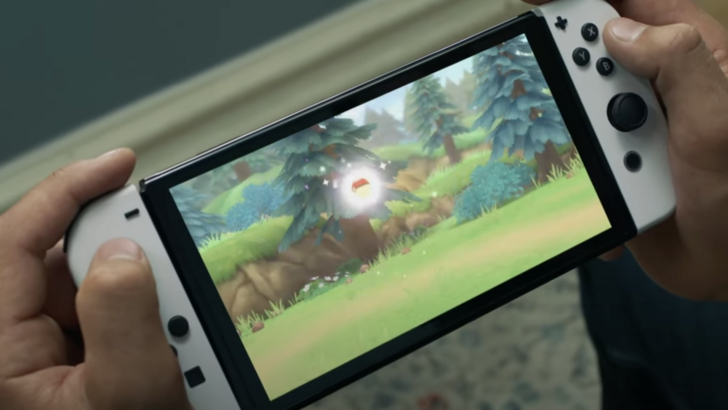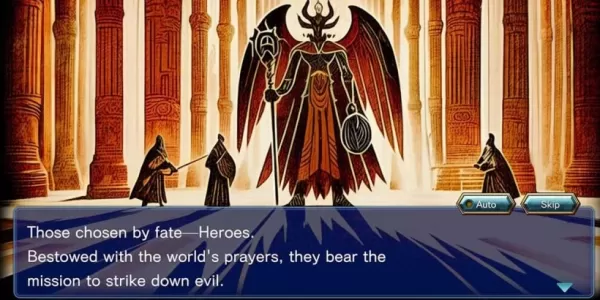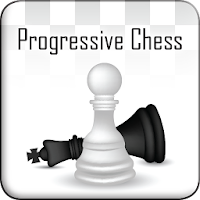Doom's Intense Action Melodies: A Symphony of Metal and Mayhem
Doom's enduring legacy is inextricably linked to its metal soundtrack. The series' demonic imagery and fiery aesthetic resonate strongly with the visual style of bands like Iron Maiden. This symbiotic relationship between Doom and heavier music has evolved alongside the game's gameplay mechanics, reflecting the genre's own transformations over three decades. From its thrash metal origins to the modern metalcore of Doom: The Dark Ages, the soundtrack has consistently mirrored the game's aggressive energy.
The original 1993 Doom drew inspiration from late 80s and early 90s metal giants like Pantera and Alice in Chains. Tracks like "Untitled" (E3M1: Hell Keep) bear a striking resemblance to Pantera's "Mouth of War." The overall soundtrack, with its thrash metal influences reminiscent of Metallica and Anthrax, perfectly complemented the game's fast-paced, visceral action. Bobby Prince's score remains iconic, seamlessly blending with the game's frenetic gunplay.
Doom: The Dark Ages - Gameplay Screenshots
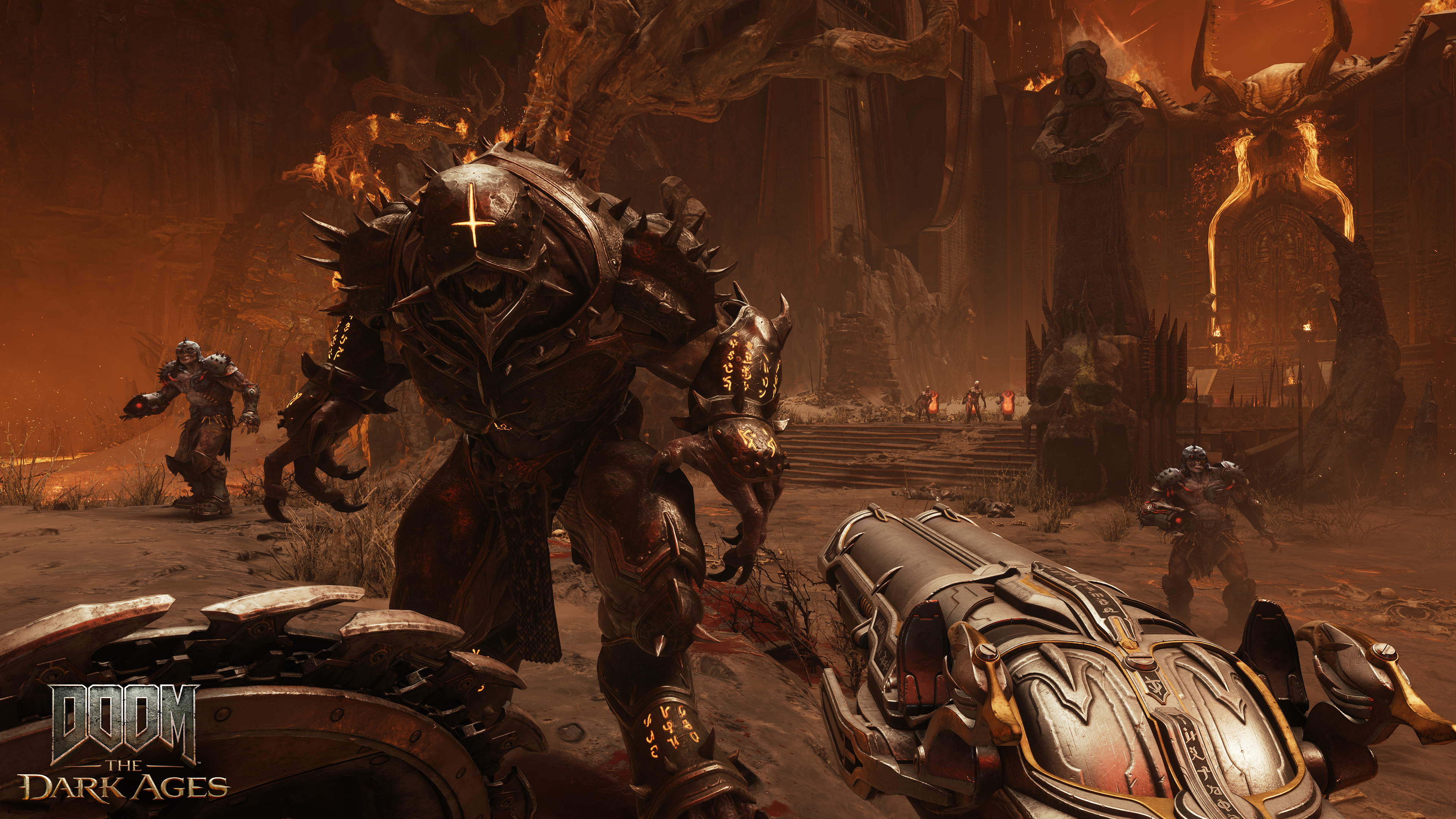
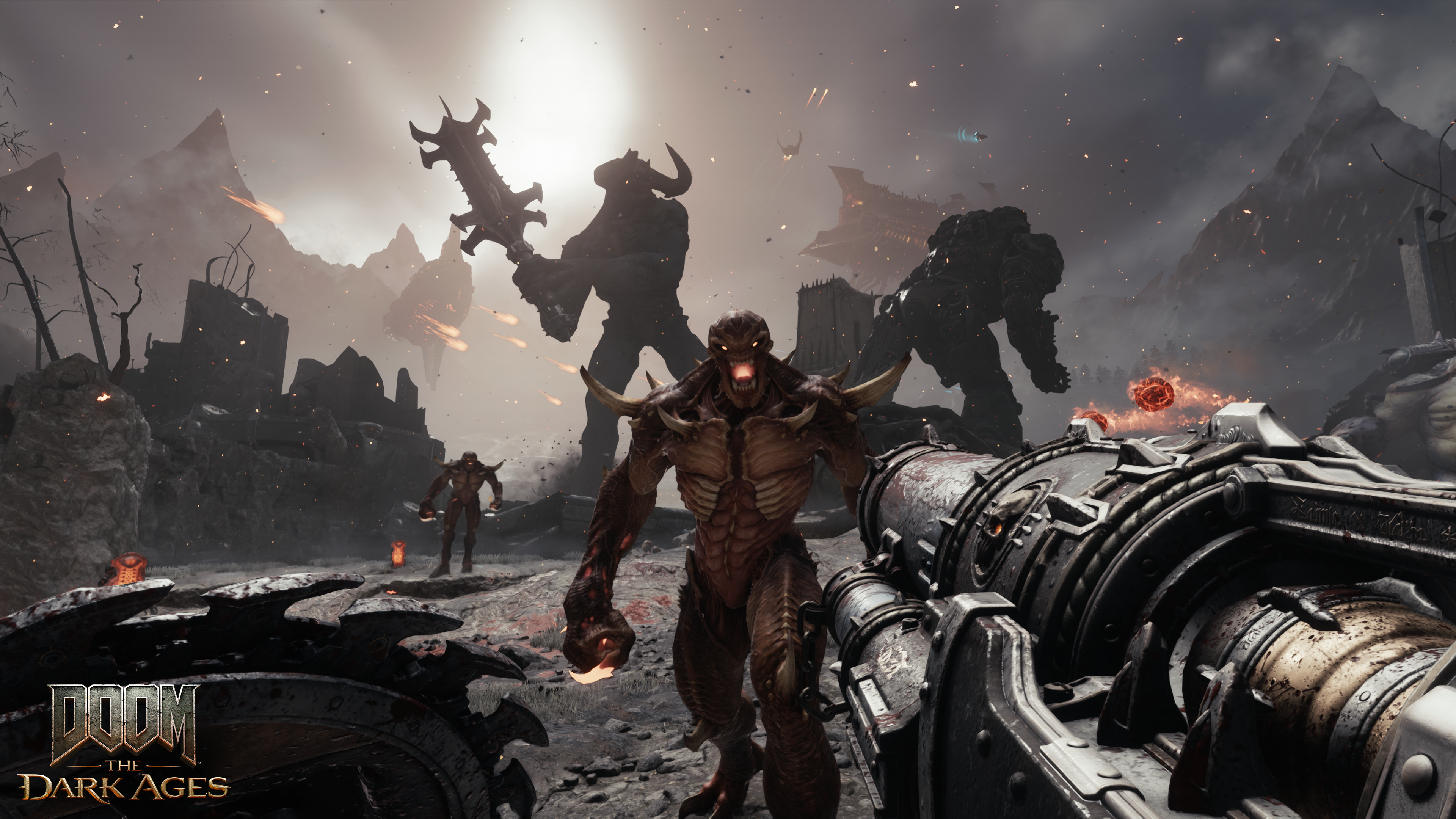 6 Images
6 Images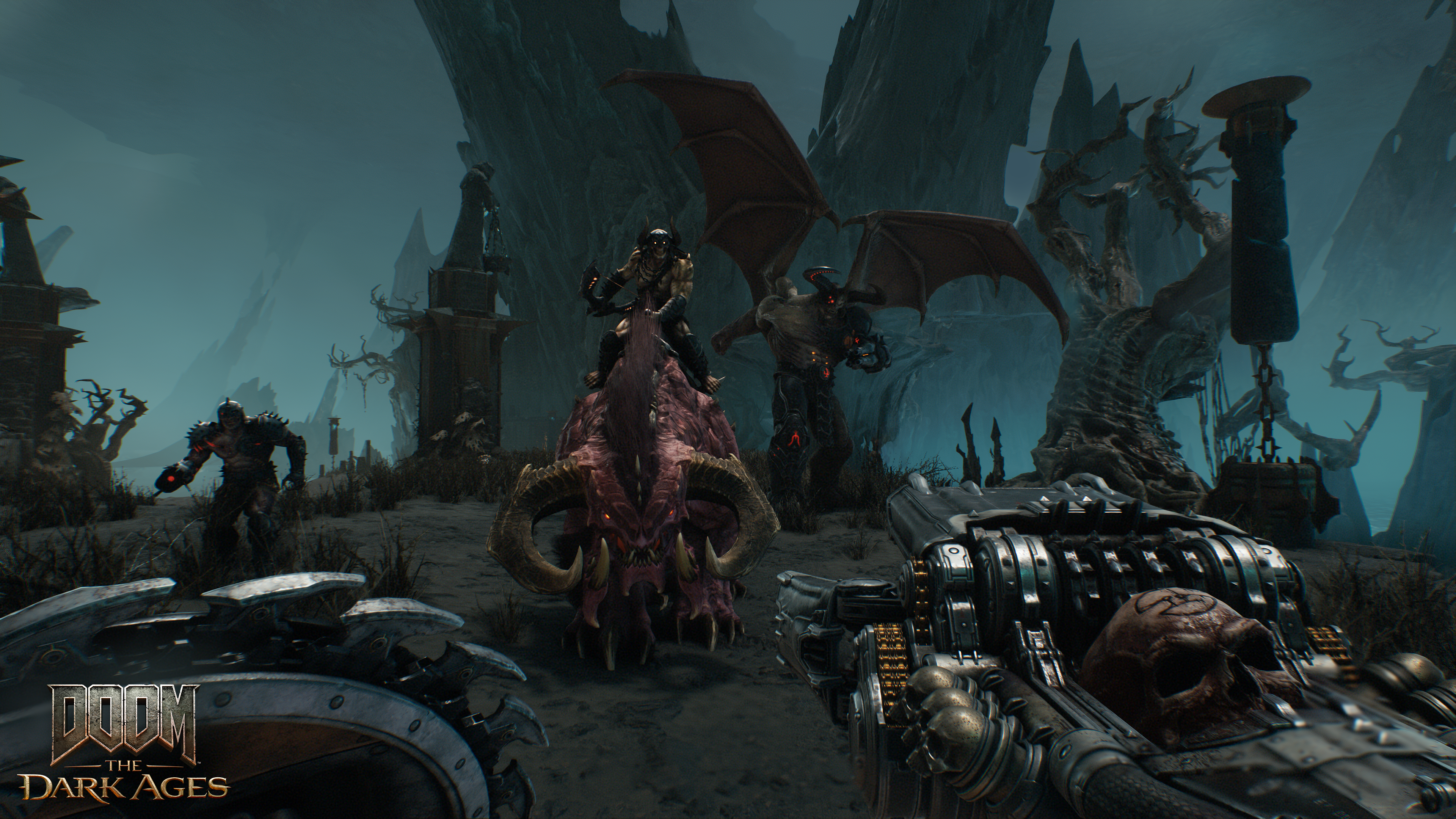


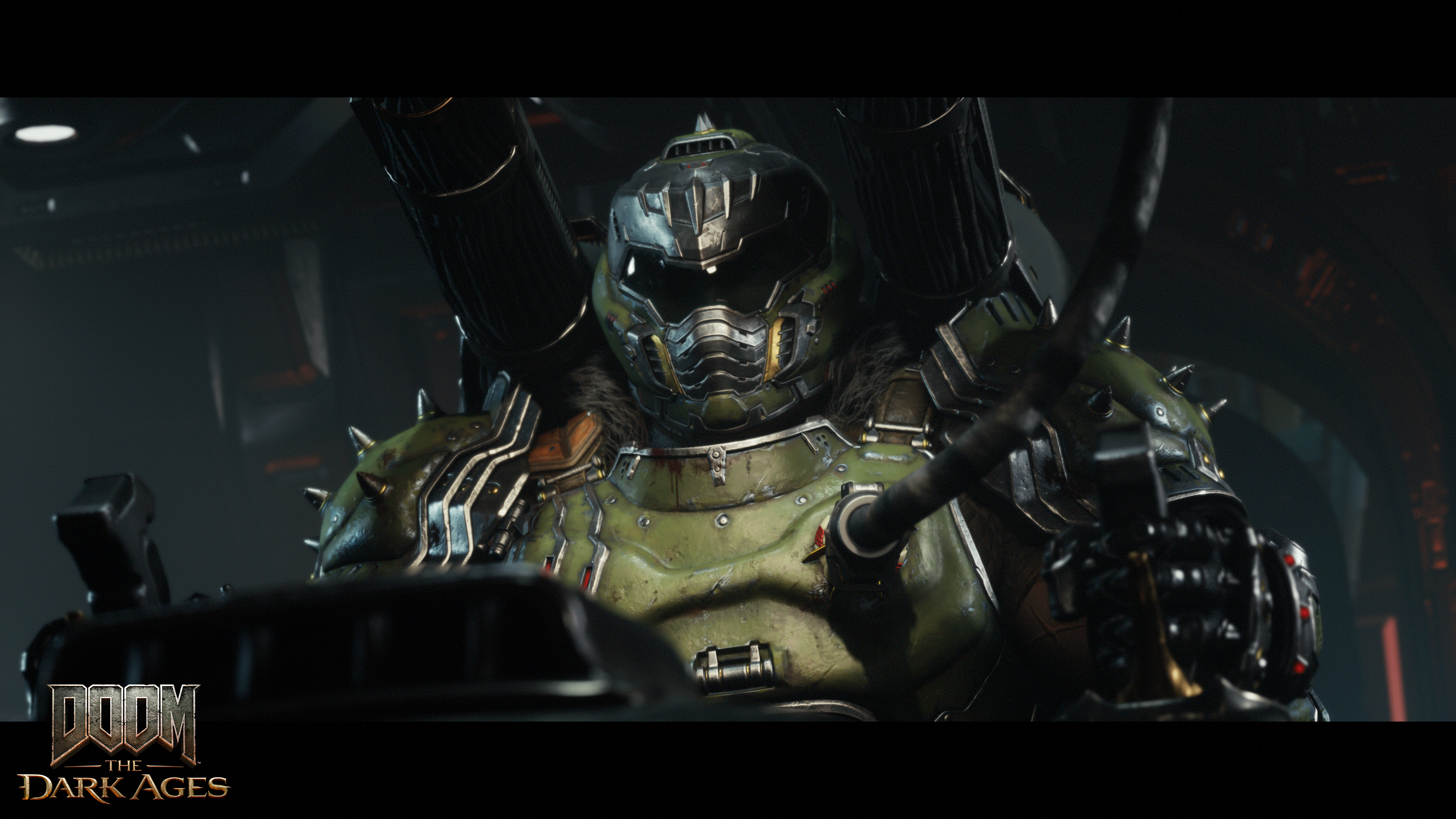
This aggressive musical style continued for over a decade until the 2004 release of Doom 3. This survival horror-inspired installment, while commercially successful, deviated from the series' established formula. Its slower pace necessitated a different sonic approach. While Trent Reznor's involvement was initially considered, Chris Vrenna (formerly of Nine Inch Nails) and Clint Walsh ultimately composed the soundtrack, drawing inspiration from Tool's atmospheric and complex sound. Doom 3's main theme echoes the progressive metal of Lateralus, perfectly capturing the game's unsettling atmosphere.
The early 2000s saw a shift in both the FPS and metal genres. The rise of console shooters like Call of Duty and Halo influenced Doom's evolution, mirroring the fragmentation within the metal scene following the nu-metal craze. Doom 3's Tool-inspired soundtrack, while a departure, proved a successful experiment.
The 2016 Doom reboot marked a triumphant return to form. Mick Gordon's groundbreaking soundtrack, a blend of djent and heavy metal, perfectly complemented the game's fast-paced combat. The album's intensity, even surpassing the original's impact, is now considered inseparable from the game experience.
Doom Eternal (2020), while featuring Gordon's work, faced production challenges, resulting in a soundtrack that, while still heavily influenced by metalcore, feels slightly less intense than its predecessor. This mirrors the game's gameplay, which incorporates more platforming and puzzle elements.
While Doom Eternal is excellent, many prefer the raw power of 2016's Doom. This preference echoes the reception of some metalcore bands' earlier, less polished work.
Doom: The Dark Ages presents a fascinating new chapter. Initial previews suggest a soundtrack reflecting the game's blend of classic Doom combat and new mechanics. Composers Finishing Move appear to be drawing on both classic and modern metal influences, mirroring the game's evolution. The slower pace, emphasized by the use of a shield, allows for a soundtrack that is both heavy and adaptable, potentially incorporating elements of bands like Knocked Loose and referencing older metal themes.
The introduction of mechs and mythological creatures expands the game's scope, paralleling the experimentation within modern metal. This evolution mirrors the genre's willingness to incorporate electronic, hip-hop, or other influences, as seen in bands like Bring Me the Horizon and Knocked Loose.
The future of Doom and metal is bright. The Dark Ages promises to deliver a thrilling experience, building upon the series' strengths while embracing innovation. The game's combat will remain central, with the soundtrack serving as a powerful complement, creating an immersive and unforgettable experience. The anticipation for a new, potentially iconic metal soundtrack is high.
-
1
![Roblox Forsaken Characters Tier List [UPDATED] (2025)](https://imgs.ksjha.com/uploads/18/17380116246797f3e8a8a39.jpg)
Roblox Forsaken Characters Tier List [UPDATED] (2025)
Mar 17,2025
-
2
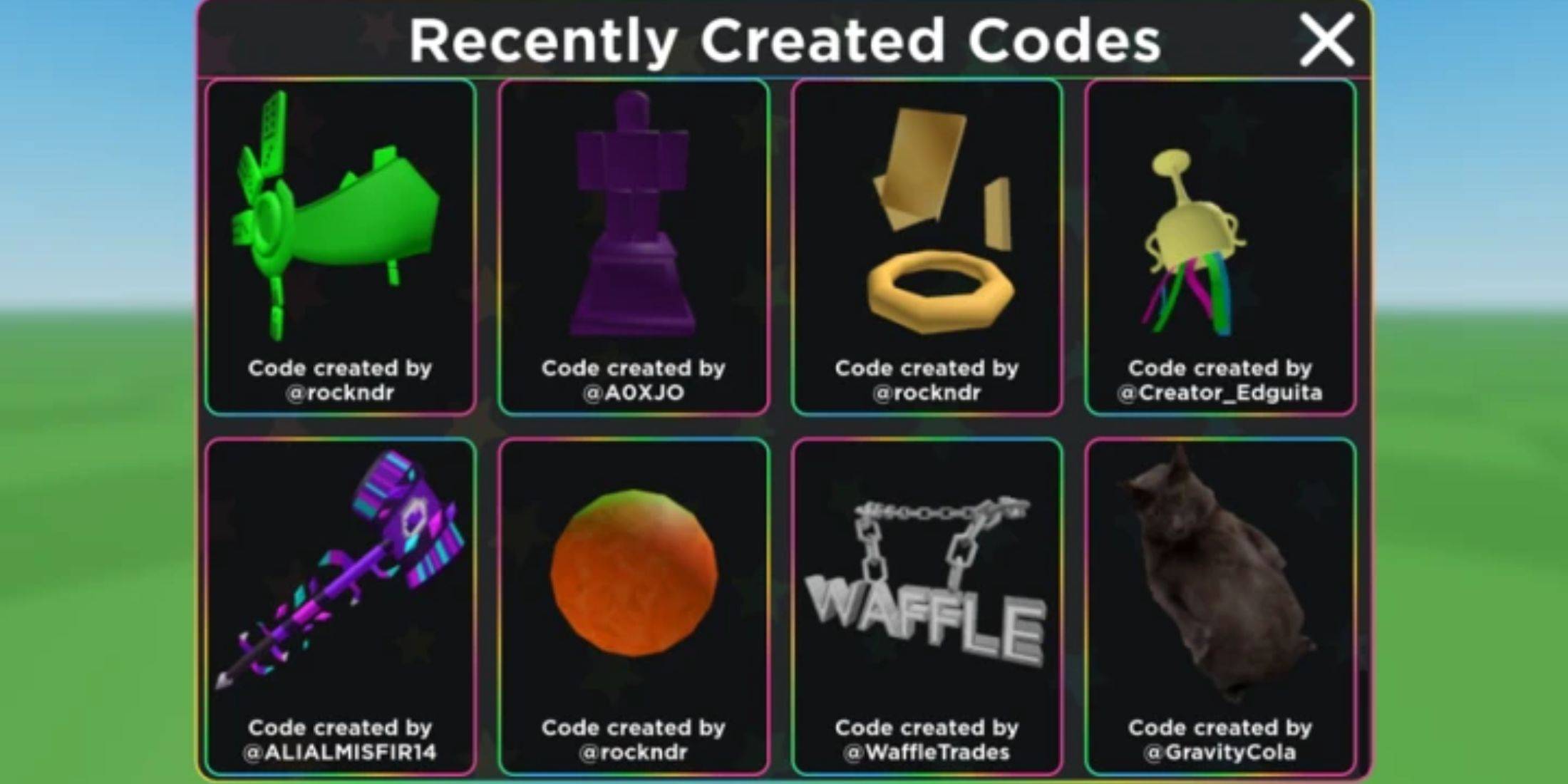
Roblox UGC Limited Codes Unveiled for January 2025
Jan 06,2025
-
3
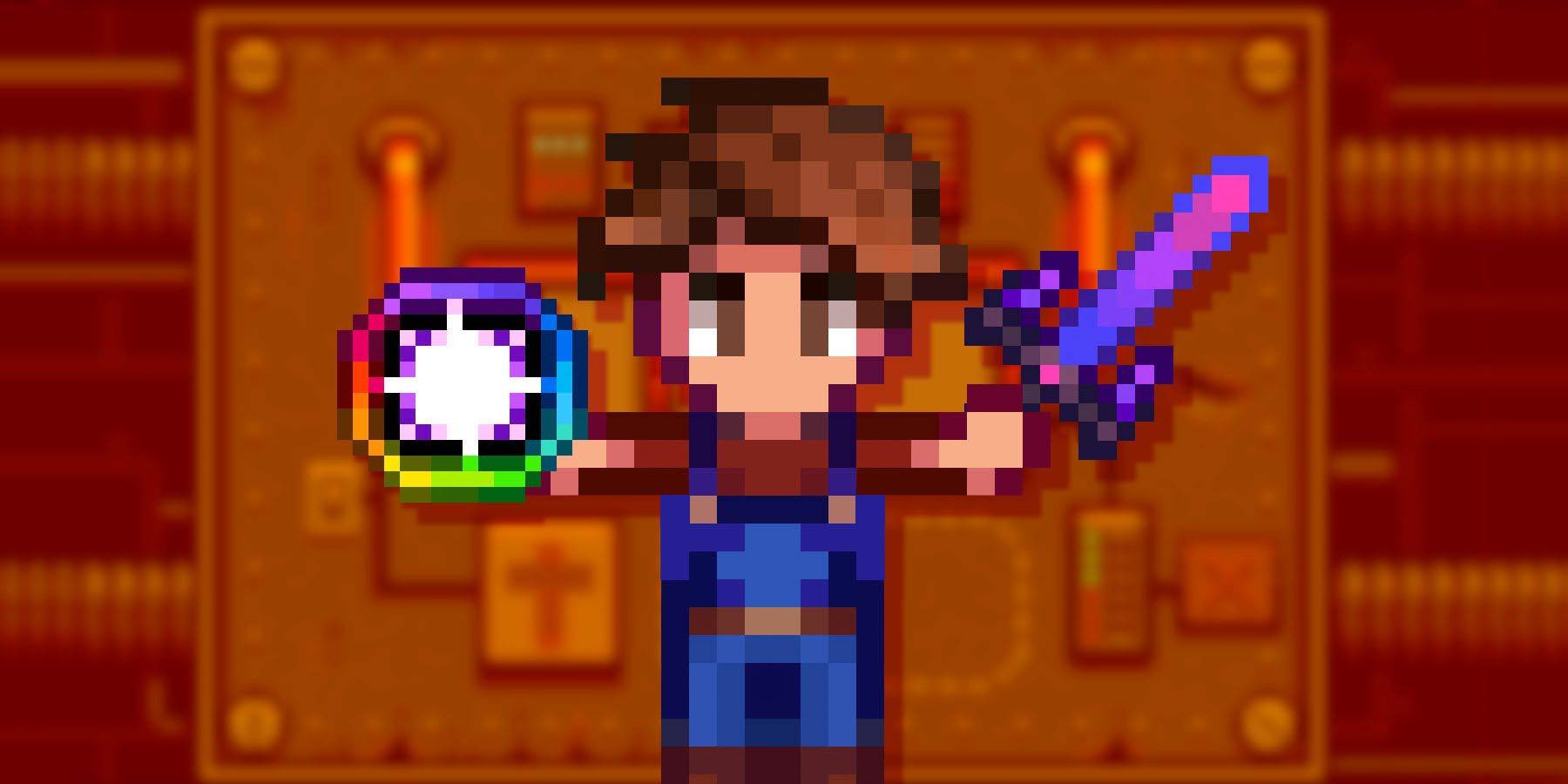
Stardew Valley: A Complete Guide To Enchantments & Weapon Forging
Jan 07,2025
-
4

Pokémon TCG Pocket: Troubleshooting Error 102 Resolved
Jan 08,2025
-
5
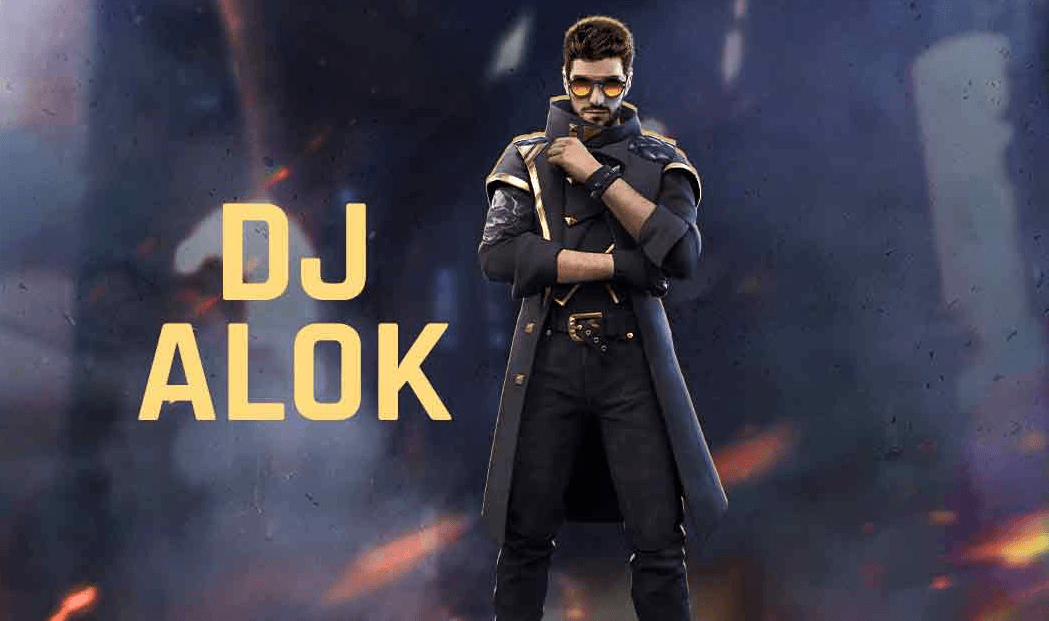
Free Fire Characters 2025: Ultimate Guide
Feb 20,2025
-
6
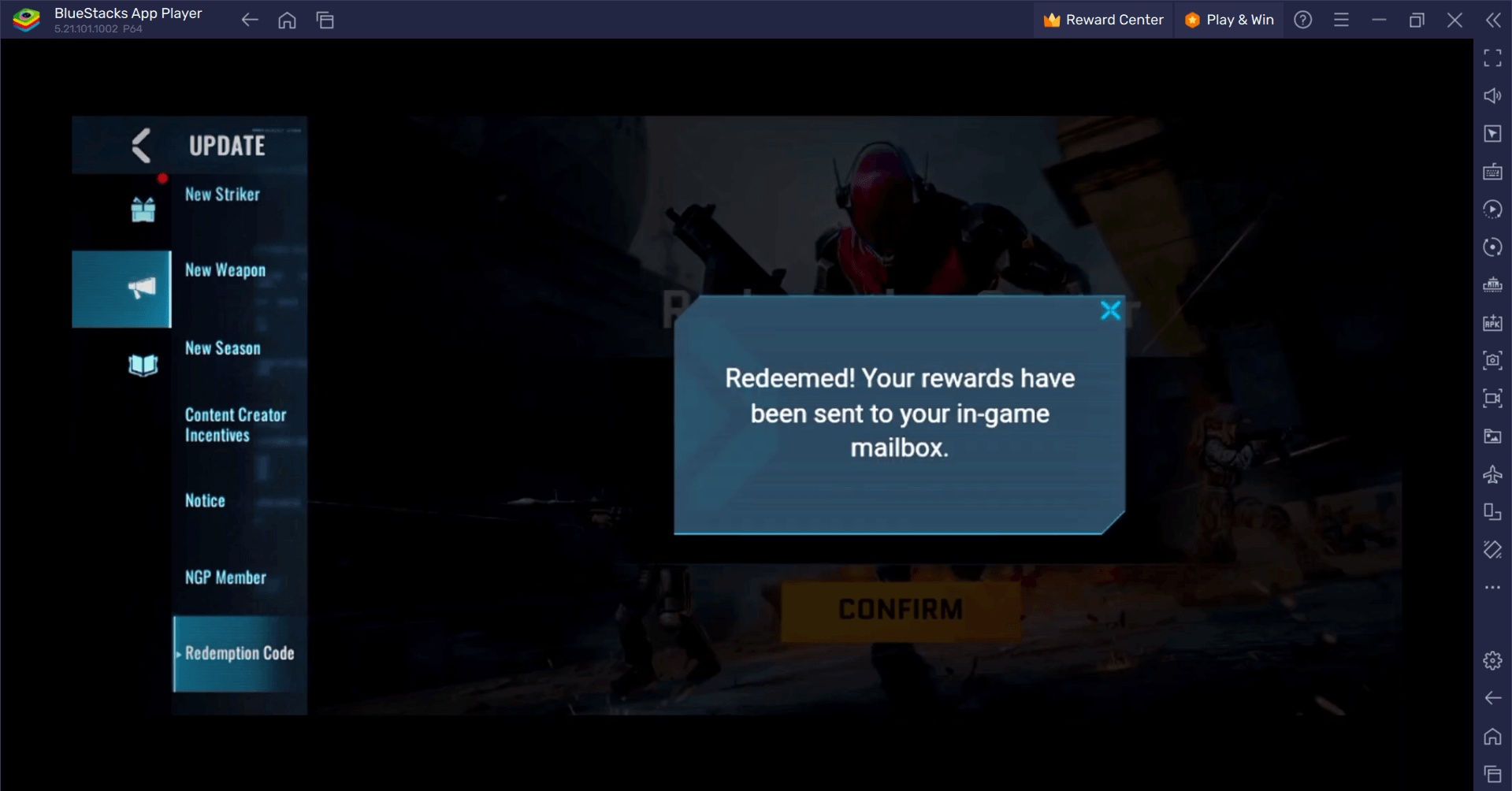
Blood Strike - All Working Redeem Codes January 2025
Jan 08,2025
-
7

Blue Archive Unveils Cyber New Year March Event
Dec 19,2024
-
8
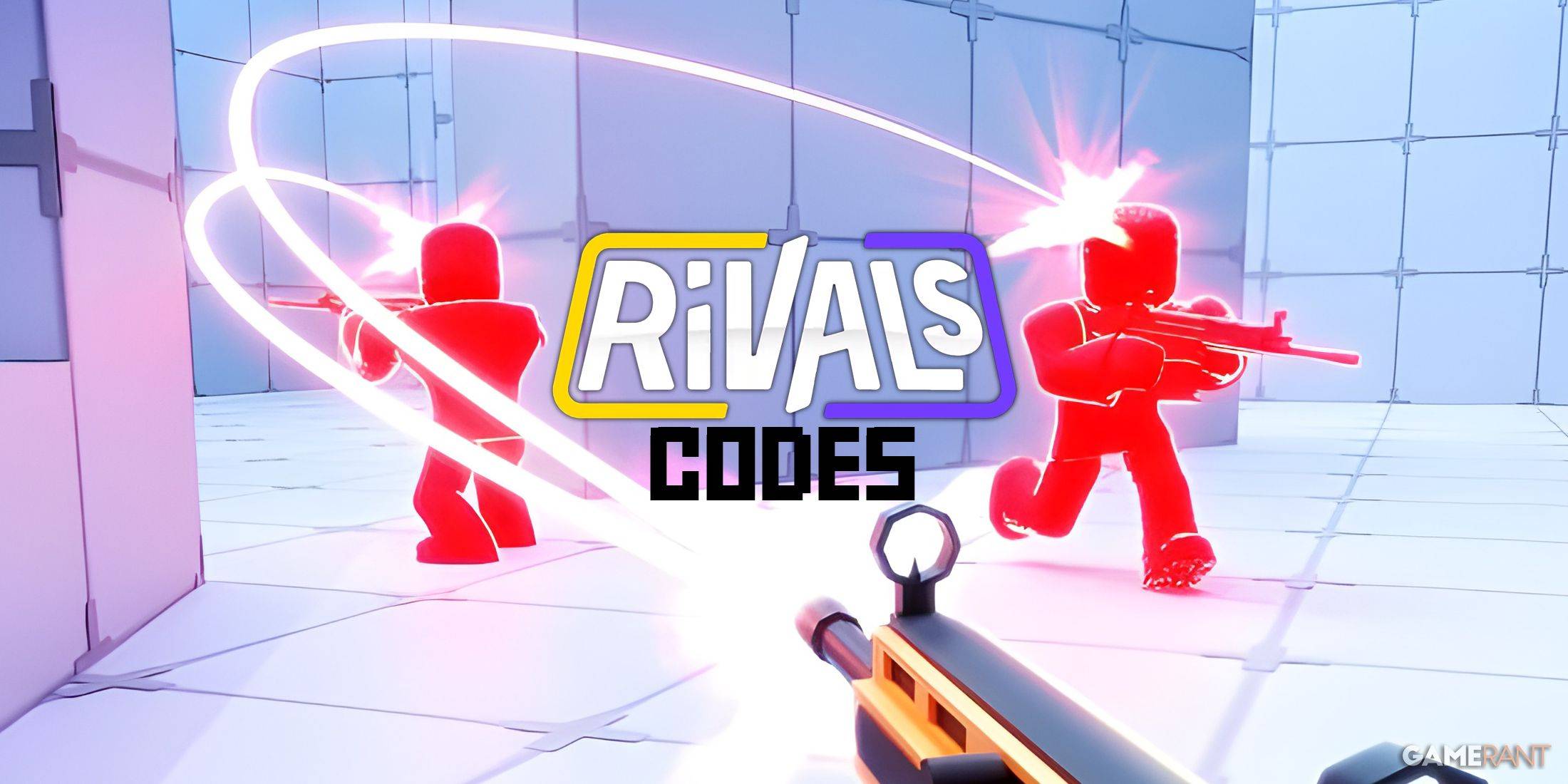
Roblox: RIVALS Codes (January 2025)
Jan 07,2025
-
9

Cyber Quest: Engage in Captivating Card Battles on Android
Dec 19,2024
-
10
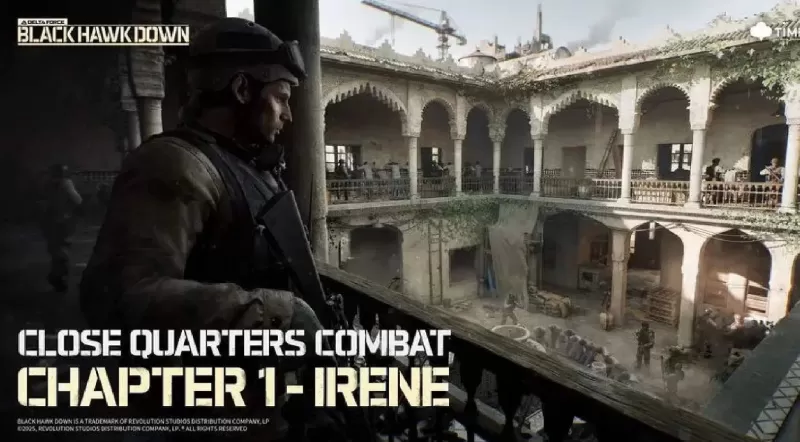
Delta Force: A Complete Guide to All Campaign Missions
Apr 09,2025
-
Download

A Simple Life with My Unobtrusive Sister
Casual / 392.30M
Update: Mar 27,2025
-
Download

Random fap scene
Casual / 20.10M
Update: Dec 26,2024
-
Download
![Corrupting the Universe [v3.0]](https://imgs.ksjha.com/uploads/66/1719514653667db61d741e9.jpg)
Corrupting the Universe [v3.0]
Casual / 486.00M
Update: Dec 17,2024
-
4
Ben 10 A day with Gwen
-
5
Oniga Town of the Dead
-
6
A Wife And Mother
-
7
Cute Reapers in my Room Android
-
8
Permit Deny
-
9
Utouto Suyasuya
-
10
Roblox

